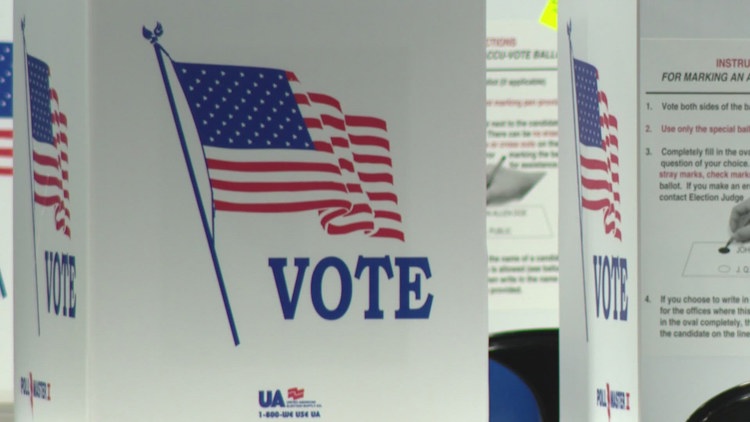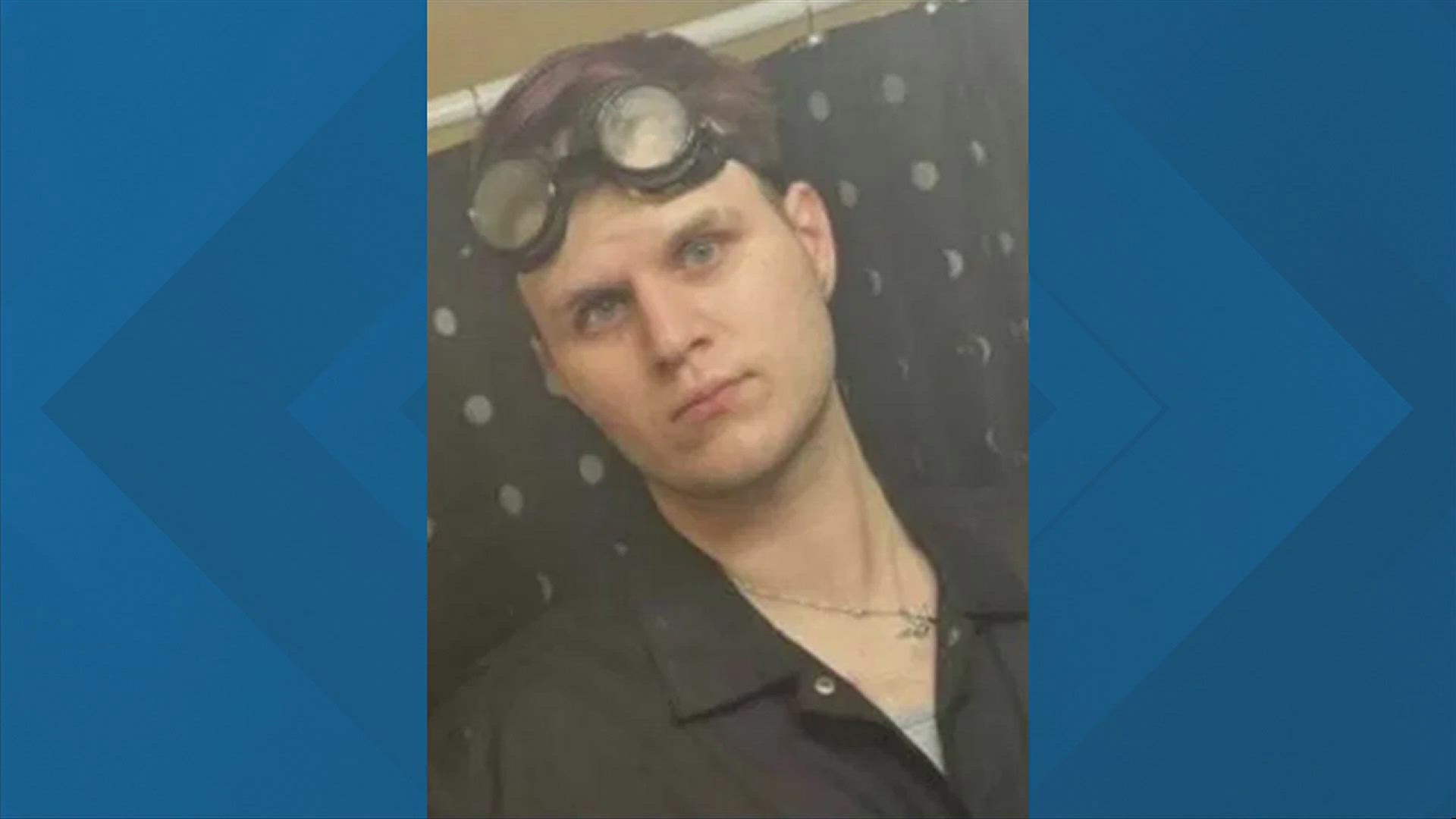MONTGOMERY, Ala. — A federal judge Tuesday blocked a portion of Alabama’s law criminalizing some forms of ballot assistance, saying it burdened blind, disabled and illiterate voters in violation of the Voting Rights Act.
U.S. District Judge R. David Proctor wrote that the law violated Section 208 of the Voting Rights Act, added to the 1965 law in 1982 that allows blind, illiterate or disabled people to accept assistance “by a person of the voter’s choice.”
“The court easily concludes, after reviewing its language, that SB 1 unduly burdens the rights of Section 208 voters to make a choice about who may assist them in obtaining and returning an absentee ballot,” wrote the judge, appointed by former President George W. Bush.
Proctor allowed the rest of the law to go into effect.
The law, sponsored by Sen. Garlan Gudger, R-Cullman and signed by Gov. Kay Ivey this spring, makes it a Class C felony (punishable up to 10 years in prison) for a person to knowingly receive payment for “distributing, ordering, requesting, collecting, completing, prefilling, obtaining or delivering” an absentee ballot application. A Class B felony (punishable up to 20 years in prison) would be if a person knowingly pays or provides a gift to a “third party to distribute, order, request, collect, prefill, complete, obtain or deliver.”
Gov. Kay Ivey signed the bill in March. Republican supporters said they were trying to stop “ballot harvesting.” Democratic opponents said it impede voting among disabled voters in rural areas.
Civil rights groups sued to block enforcement of the law in April. The plaintiffs, citing Alabama’s long history of voter suppression, said that volunteers who helped voters with disabilities could be punished for providing a stamp or sticker to a neighbor.
“Nonprofit organizations … regularly provide volunteers with items that include the organizations’ message or logo, and/or enable volunteers to provide assistance with absentee ballot applications by providing items like pens, postage, envelopes, and gas cards,” the lawsuit said. “The vagueness of the term ‘gift’ is substantial, not only because it imposes steep criminal penalties based on an undefined term but also because it can be read as sweeping in expressive conduct and associational activity that implicates Plaintiffs’ core political speech.”
The plaintiffs in the case said in a statement Tuesday evening that they were “glad that the district court has sided with the rights of the voters and is committed to promoting voting accessibility.”
“Our democracy works best when everybody can participate in it, and this ruling prevents the enforcement of a cruel law that would have suppressed the voices of blind, disabled, and low literacy voters,” the statement said. “We’re proud of this victory, and we will continue to fight to ensure that all Alabamians can easily exercise their right to vote.”
Messages seeking comment were left Tuesday with Gudger and the Alabama attorney general’s office.
Proctor directed the attorney general to issue “corrective instructions” that the section of the law has been enjoined.
Proctor last month limited the scope of the lawsuit, dismissing other claims from the plaintiffs.
The motion for the preliminary injunction in May had included the payment provision, the gift provision, the pre-filling restriction and the submission restriction. The attorneys for the plaintiffs had requested that the defendants be enjoined from implementing or enforcing the challenged parts of the law. They also requested that the defendants be enjoined from issuing communications or instructions that the challenged provisions prohibit any form of absentee ballot assistance and order Defendants to issue corrective instructions that those provisions are enjoined and not enforceable.
Proctor wrote that an evidentiary hearing was not necessary before the preliminary injunction and that “speedy action” was evident here, with the presidential election less than two months away.
This article originally appeared in the Alabama Reflector, an independent, nonprofit news outlet. It appears on FOX54.com under Creative Commons license CC BY-NC-ND 4.0.



